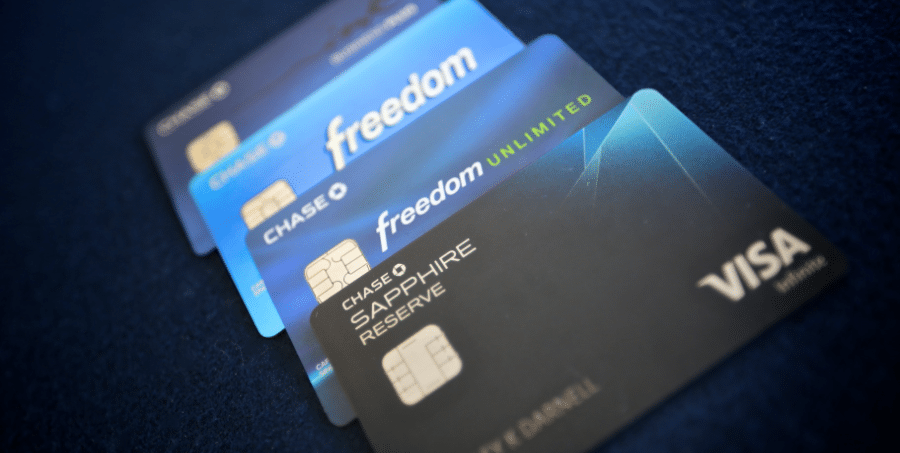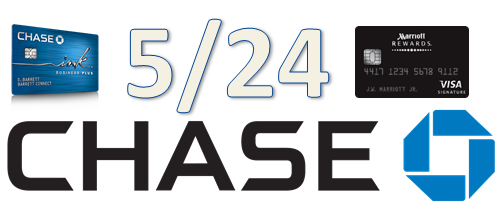You don’t need a formal business or business income to get a business credit card. A side hustle or hobby that generates extra cash qualifies you for most business credit cards.
However, there are some requirements. Most business credit cards require excellent credit (a FICO score of 690 or higher) and some personal income. If you meet these qualifications, you can enjoy the benefits of a business credit card, such as bigger sign-up bonuses and higher credit limits compared to personal cards, even without a fully established business.
Who can get a business credit card?
Anyone earning money from an independent venture can qualify for a business credit card. This includes everyone from CEOs to rideshare drivers and Facebook Marketplace resellers, provided they meet the minimum credit score and other qualifications.
Examples of ventures that count as businesses include:
- Independent or site-based dog sitting (e.g., Rover, Wag).
- Re-selling furniture, clothing, or household items online (e.g., Poshmark, Craigslist, Facebook Marketplace).
- Babysitting.
- Tutoring.
- Occasional freelancing.
- Giving music lessons.
- Rideshare and delivery driving.
Why get a business credit card?
The biggest advantage to get a business credit card in the points and mile world is that they aren’t factored in for Chase’s 5/24 rule. Which states you can only have 5 new credit cards in 24 months in order for chase to approve you for a new card. Business cards don’t count toward a 5/24 slot.

Small-business credit cards offer significant perks, such as big sign-up bonuses, high rewards in specific categories, expense-tracking tools, and additional cards for employees. They also help build business credit history and simplify business tax filing, which even casual entrepreneurs need to manage.
How to apply for a business credit card without a formal business:
Business credit card requirements are straightforward, even if you don’t have a formal business. You’ll need to provide personal details like your Social Security number, date of birth, and annual income, along with:
- Business name: Use your name if you don’t have a formal business name.
- Business structure: Select sole proprietor if you don’t have employees or a legal business structure.
- Federal tax ID: Use your Social Security number if you don’t have an Employer Identification Number (EIN).
- Business description: Choose the industry and type that best describes your venture.
You’ll also need to provide details like business revenue and expenses, number of employees (if any), and how long you’ve been in business. These factors are usually less important than your personal details for approval, but be honest. Don’t create a fake business name or inflate your revenue.
Can you get a business credit card with no business income?
Yes, you can be approved for a business credit card without any business income. Approval is typically based on your personal credit and financial history, which benefits new businesses and side hustlers without discernible business income. Note that business credit cards require a personal guarantee, making you personally responsible for any unpaid balances.
There are some business credit cards without a personal guarantee, but these usually require your business to be incorporated and meet specific revenue requirements.
Can you use a business credit card for personal expenses?
While there’s no law against using a business credit card for personal use, most issuers specify that business cards should only be used for business purposes. Mixing business and personal charges can complicate tax filing and might jeopardize liability protections for LLCs.



